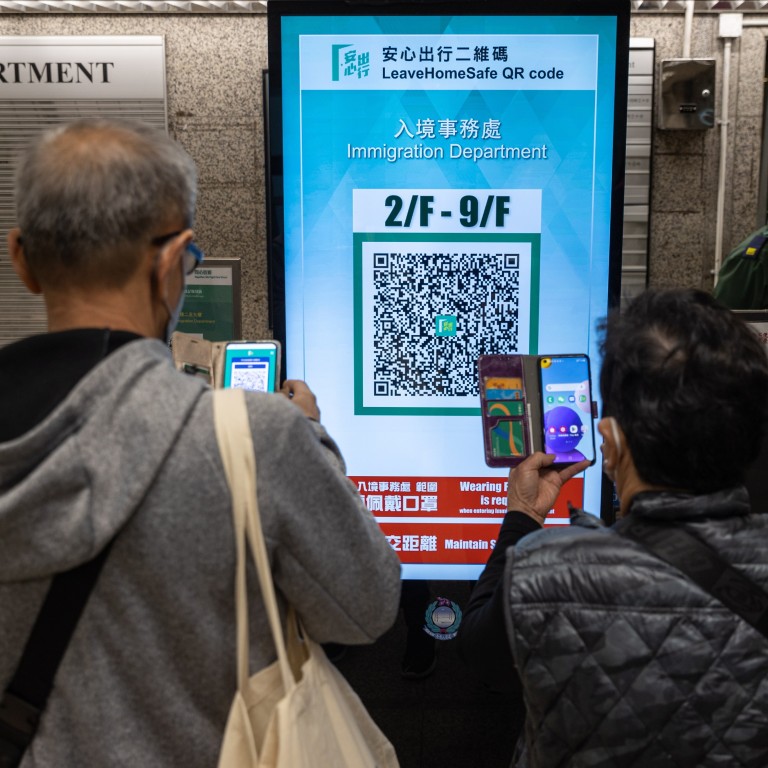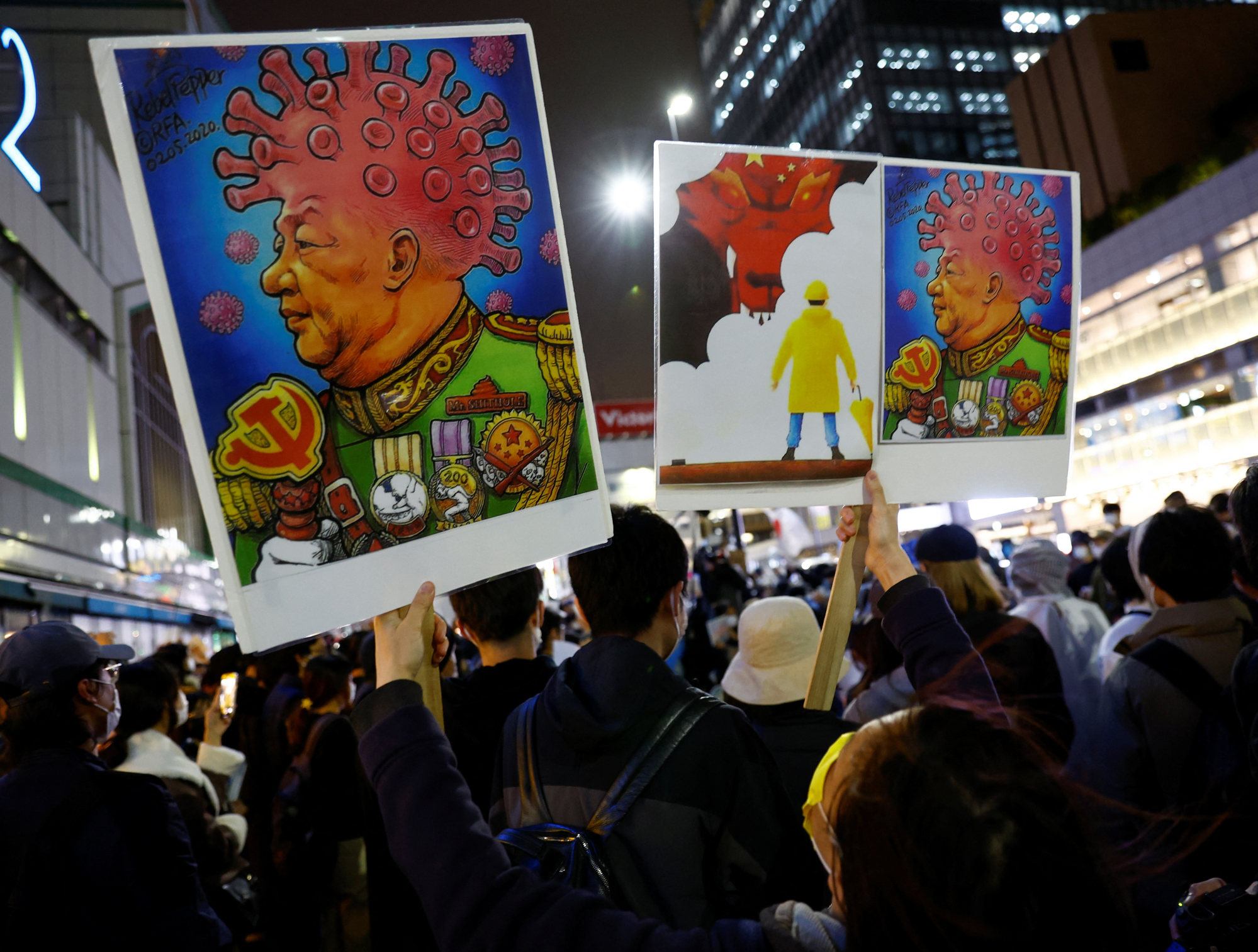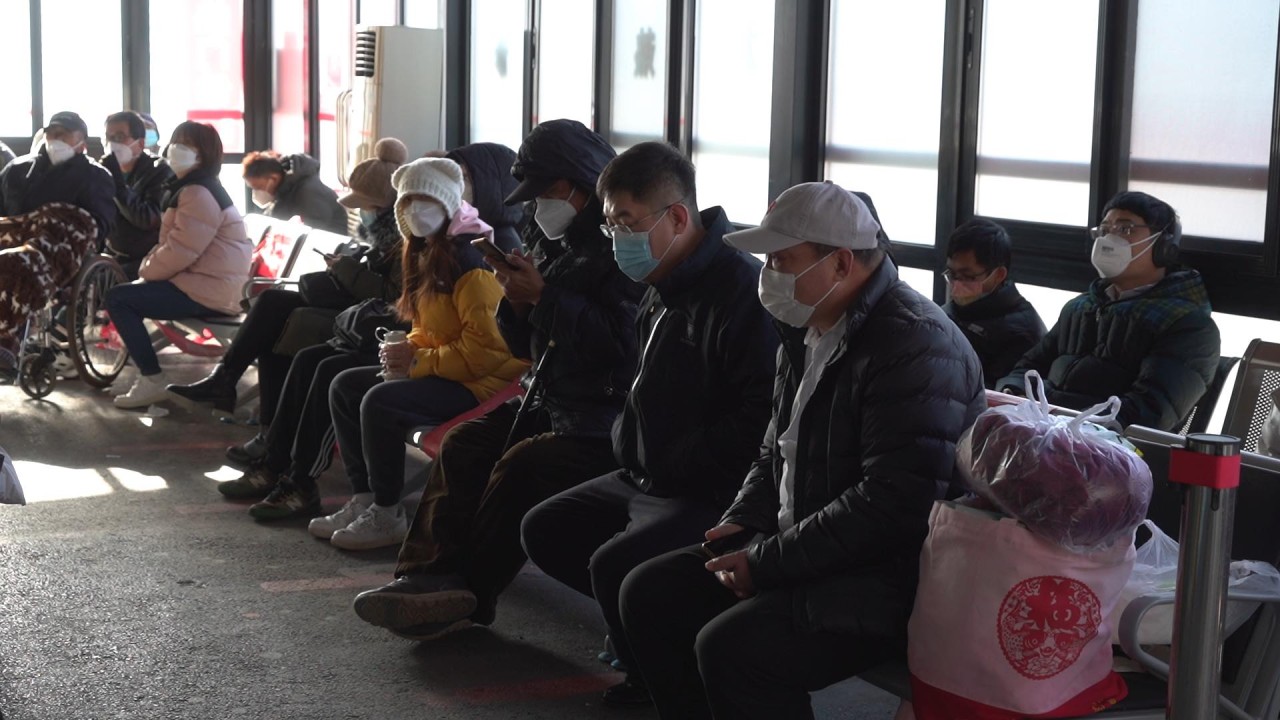
Lessons for Hong Kong in its futile pursuit of China’s zero-Covid strategy
- Despite Hong Kong having no choice but to adhere to the mainland’s zero-Covid stance, it was always incumbent on the government to have a Plan B
- Meanwhile, the mainland risks exposing an under-vaccinated elderly population, and public backlash if deaths surge due to the sudden end of its zero-Covid policy
Hong Kong ends ‘0+3’ Covid regime for arrivals but keeps vaccine pass scheme
Risks facing the mainland
There are at least three major risks facing the mainland as it tries to find a way out of the pandemic without an unacceptably high number of deaths.
Both vulnerabilities are largely the consequence of the zero-Covid strategy that created the delusion that the virus could be eliminated, and led to scarce resources being allocated to Covid-19 suppression – mass testing, centralised quarantine facilities, and lockdowns – rather than to mitigation, which includes increasing the vaccination rate, and ramping up hospital and ICU capacity.

The third risk is that local governments would hide or under-report Covid deaths, both to avoid the public anger that a high coronavirus mortality rate might cause, and to evade punishment from a central government that has set them an impossible mission: to loosen Covid restrictions and boost the economy without causing a public health crisis.
Hong Kong must avoid short-sightedness
As for the Hong Kong government, there are at least two main lessons it should draw from its pursuit of the failed zero-Covid policy.
The first is the importance of maintaining cognitive diversity and having a (healthy) debate over policy alternatives – at least internally, if not publicly. Even if Hong Kong had no choice but to nominally adhere to the mainland’s zero-Covid stance, it was always incumbent on the Hong Kong government to have a Plan B (mitigation) should Plan A (suppression) fail.
The authorities did not have a Plan B not only because almost all resources were dedicated to Plan A, but also because they had gone out of their way to vilify other governments that were pursuing mitigation.
In hindsight, there was really no need to politicise and moralise a public health issue, especially since it was common knowledge that China’s zero-Covid approach was the odd one out and increasingly out of sync with the rest of the world. What were the chances that we were right and everyone else was wrong? Clearly, the authorities should never have believed their own propaganda; they should always have distinguished between what they have to say in public (adherence to zero-Covid) and what they must prepare for behind the scenes (to live with Covid). This cognitive diversity is what gives organisations and governments adaptability and resilience.
Hong Kong’s ‘0+0’ Covid switch long-awaited, but how soon can city bounce back?
Given the conflicting signals that the Hong Kong authorities gave even just a few days before the latest announcement, it appears that there was little coordination (much less anticipation) of what Hong Kong would do if the mainland suddenly abandoned zero-Covid.
While a sudden policy U-turn might work for something that was as obviously flawed as zero-Covid, it is unlikely to work for other long-standing, but less obviously flawed policies. Managing and executing future policy shifts well would require superior anticipatory capabilities, qualities for which the Hong Kong government is hardly known.
As Hong Kong charts a long-delayed return to a post-pandemic normal, one can only hope that the city’s policymakers are no longer shackled by unworkable, utopian policies engineered by planners in Beijing. One also hopes that policymaking in Hong Kong would be driven more by science and evidence, and less by having to accommodate an increasingly ideological and less pragmatic leadership in Beijing.
Donald Low is senior lecturer and professor of practice in public policy at the Hong Kong University of Science and Technology, director of the university’s Institute for Emerging Market Studies, and director of Leadership and Public Policy Executive Education.


